Life Lessons from Chess: Strategy, Discipline, and Adapting to Change
Sep 26th, 2024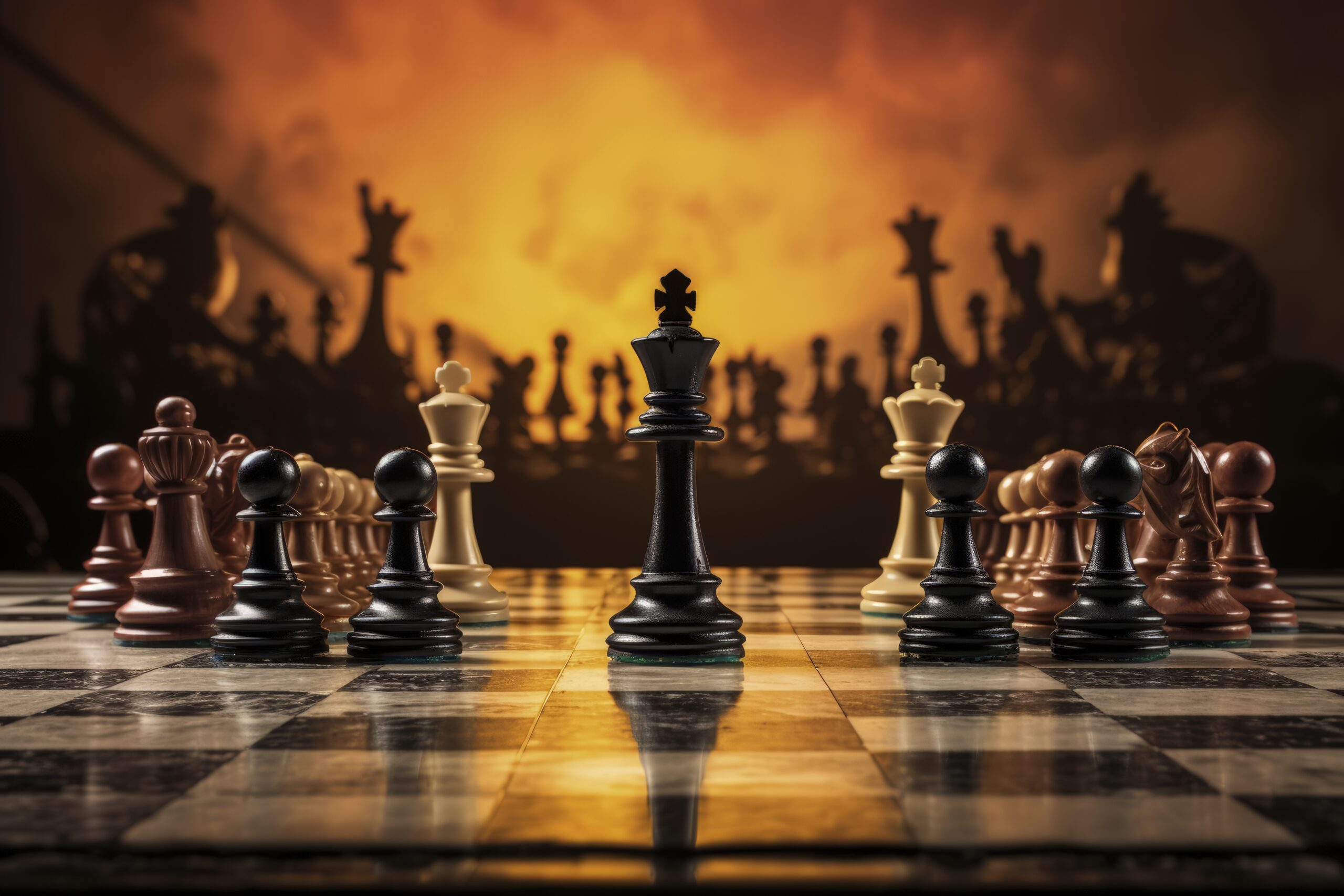
You’ve likely encountered a similar phrase before, perhaps in the context of art. Personally, I see chess as more than just a game—it’s a form of art in its own right. This led me to wonder: does chess mirror life as well? What parallels can we draw between the game and the daily battles we face? Could a chessboard’s 64 squares act as a microcosm, simulating the same struggles we encounter in real life?
Finding the answers isn’t easy, so I resorted to my go-to method for complex questions: writing about it. In doing so, I hope to share my thought process and conclusions with you.
Without creating too much suspense, I believe chess and life share many similarities. After countless revisions, I’ve managed to organize my thoughts, and I’m excited to present them to you. I hope you enjoy the journey we’re about to embark on.
This might be the most abstract blog I’ve written so far, and I’m still finding my way in this realm, so I appreciate your patience. If you’re familiar with my writing, you’ll know I like to break my ideas into clear topics before delving into each. So, let’s begin.
1. We’re in Control—In Chess and in Life

In chess, every move, every plan, and every risk we take is entirely our decision. We’re alone with our thoughts and responsible for the outcome. The same applies to life—although we have the support of family and friends, ultimately, our lives are in our hands.
Life can sometimes feel like a solo chess game on “hard mode,” where we alone shape our destiny. While loved ones can guide and support us, they cannot take control of our lives. Much like in chess, when no one else is there to help, we rely on our own intellect and resolve to move forward.
2. Decisions and Their Consequences
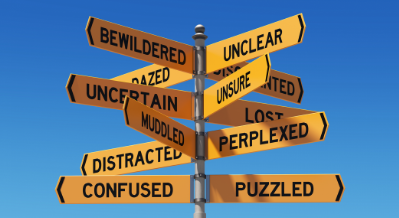
In both life and chess, decisions have ripple effects. A tactical move in chess mirrors the everyday choices we make—what to eat, which activities to prioritize. Medium-term choices, like planning a vacation, are akin to positioning a knight or developing rooks. But the most critical decisions are long-term strategies: what career path to follow, where to invest time and resources.
Just like in chess, we must juggle short-term tactics with long-term plans. A brilliant strategy can crumble with one careless tactical mistake, and a single poor decision in life can undo months of planning.
3. Discipline and Emotional Control
Staying calm under pressure is crucial in chess and in life. For amateurs, losing a chess game might not seem like a big deal, but for professionals, emotional stability can outweigh technical skill. Magnus Carlsen, for instance, often triumphs due to his ability to remain composed under immense pressure.
In life, emotional discipline matters just as much. Whether it’s during a critical business meeting or a challenging personal situation, keeping our cool can be the key to success. Chess, in many ways, serves as a practice ground for mastering this vital life skill.
4. Adaptability

No matter how well we plan, surprises arise in both chess and life. An unexpected move by an opponent can force us to change our strategy, just as life throws curveballs that challenge our carefully laid plans.
Ignoring reality and sticking rigidly to an outdated plan often leads to failure. The ability to adapt and reassess is essential, whether in pursuit of victory on the chessboard or in overcoming challenges in life.
5. Time Management
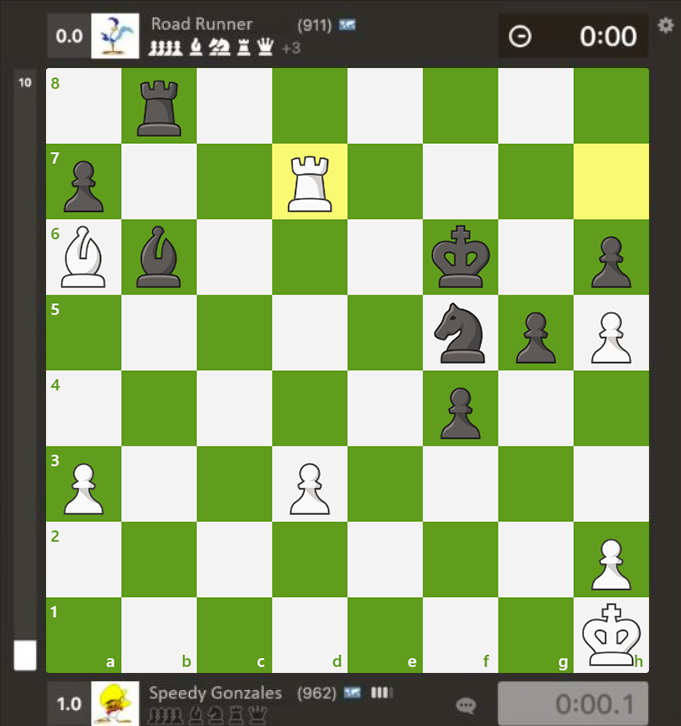
In fast-paced chess formats like blitz or bullet, time management is critical. Likewise, managing our time in life is one of the most difficult yet important skills to master. Procrastination or perfectionism can cost us opportunities, just like time mismanagement in chess can lead to poor moves made in a rush.
6. The Drive to Improve

Both in life and in chess, we strive to better ourselves. Whether it’s seeking a higher ELO rating in chess or advancing in our careers, self-improvement drives us forward. However, it’s important not to let this desire become an unhealthy obsession. Enjoyment should always be part of the process—both on the chessboard and in life.
7. Ethics and Integrity
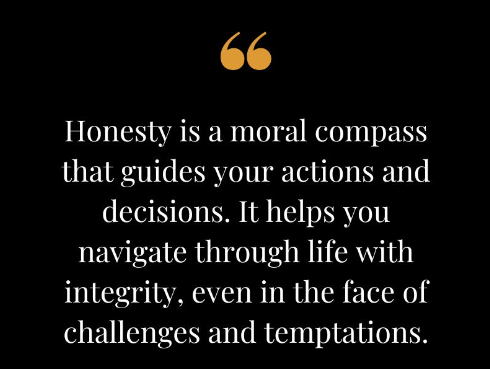
Chess has a long tradition of respect for the rules and for one’s opponents. Similarly, living with integrity is essential in life. Winning at all costs may offer temporary success, but earning respect through honesty and ethics is far more valuable.
8. Mistakes Are Costly and Remembered
In chess, a single blunder can overshadow an otherwise brilliant game. The same is true in life—our mistakes are often remembered longer than our successes. But instead of dwelling on these setbacks, we should view them as learning opportunities.
9. The Journey Is More Important Than the Destination

Many chess players believe that the true joy comes from winning. However, I think the process—learning, growing, and playing—is far more meaningful than the result. The same applies to life: enjoying the journey is what brings true fulfillment, not just achieving goals.
10. There’s Always a Chance to Start Over

In chess, every loss is a learning opportunity, and every new game offers a fresh start. Life is no different. Setbacks are not the end, but rather stepping stones to growth. With every failure, we can learn, adapt, and try again.
Conclusion
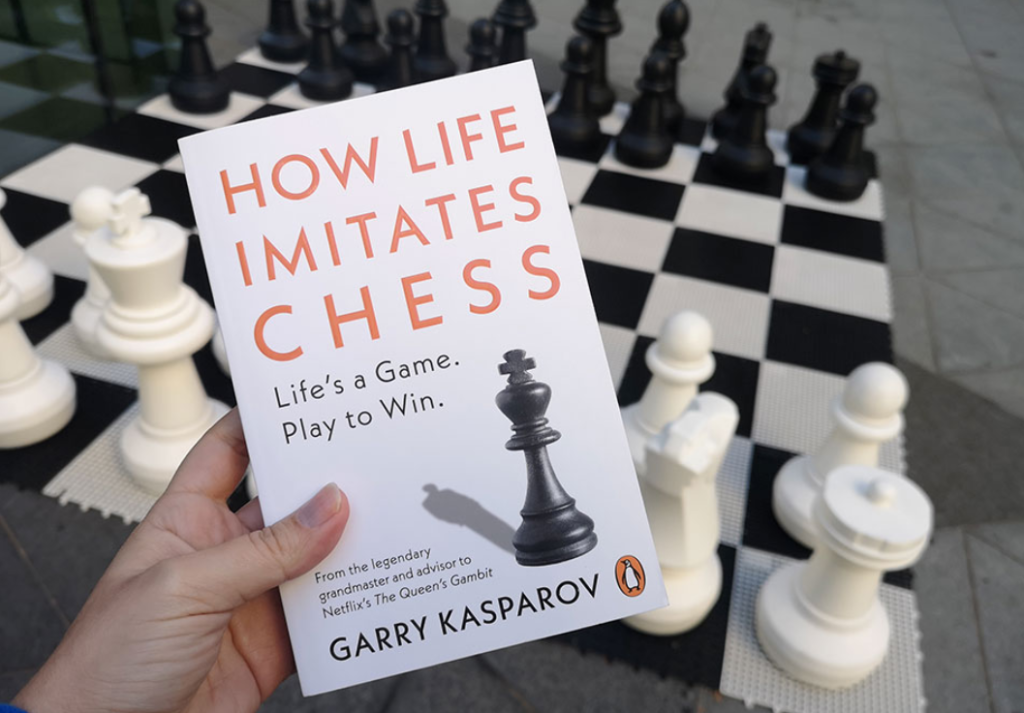
Chess and life are intricately connected. Writing this blog has deepened my understanding of this beautiful game and its similarities to the challenges we face every day. I hope this reflection has given you a new perspective on both chess and life.
Do you agree? Are there any other parallels between chess and life that I’ve missed? I’d love to hear your thoughts! Thank you for reading, and I hope this has inspired you to approach both chess and life with a fresh mindset.
© The Madras School of Chess
Created by Webdzo